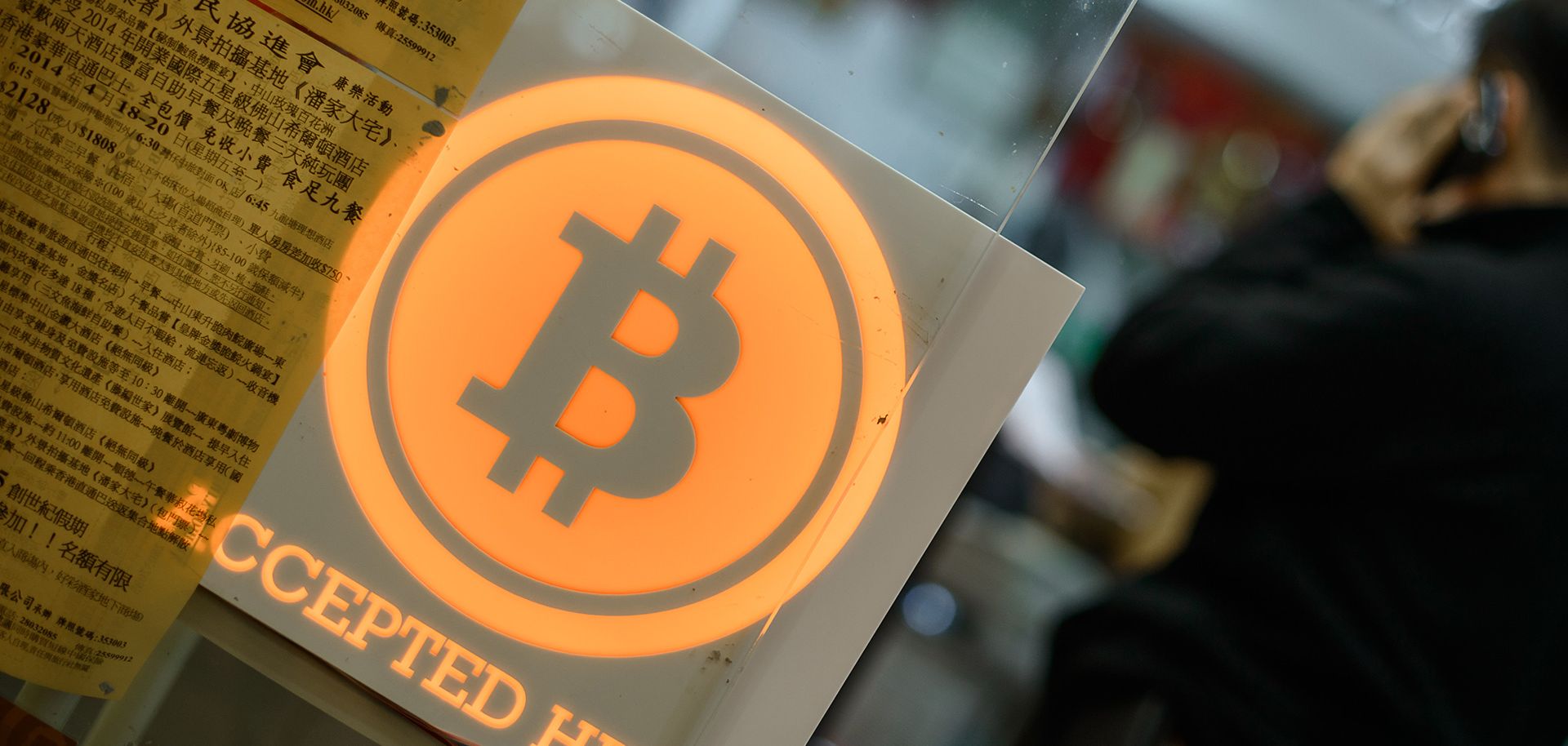If cryptocurrencies are ever to be widely trusted and accepted, the regulations surrounding them must be clear. But as these rules are formed, they are redefining the currencies themselves. On July 25, Miami-Dade Circuit Judge Teresa Mary Pooler cleared Michell Espinoza of all charges against him -- one count of unauthorized money transmission and two counts of money laundering using bitcoins. Pooler justified the ruling by saying bitcoins have no "tangible wealth" and are far from being equivalent to fiat currency; instead she found that in selling bitcoins, Espinoza was merely selling his own property. This is believed to be the first state-level money laundering case involving a cryptocurrency in the United States, and proponents of bitcoin watched it closely.
Pooler's ruling was made at a low-level state court and will become legally important only if it is appealed, thereby moving up through the U.S. court system. But it sheds light...

